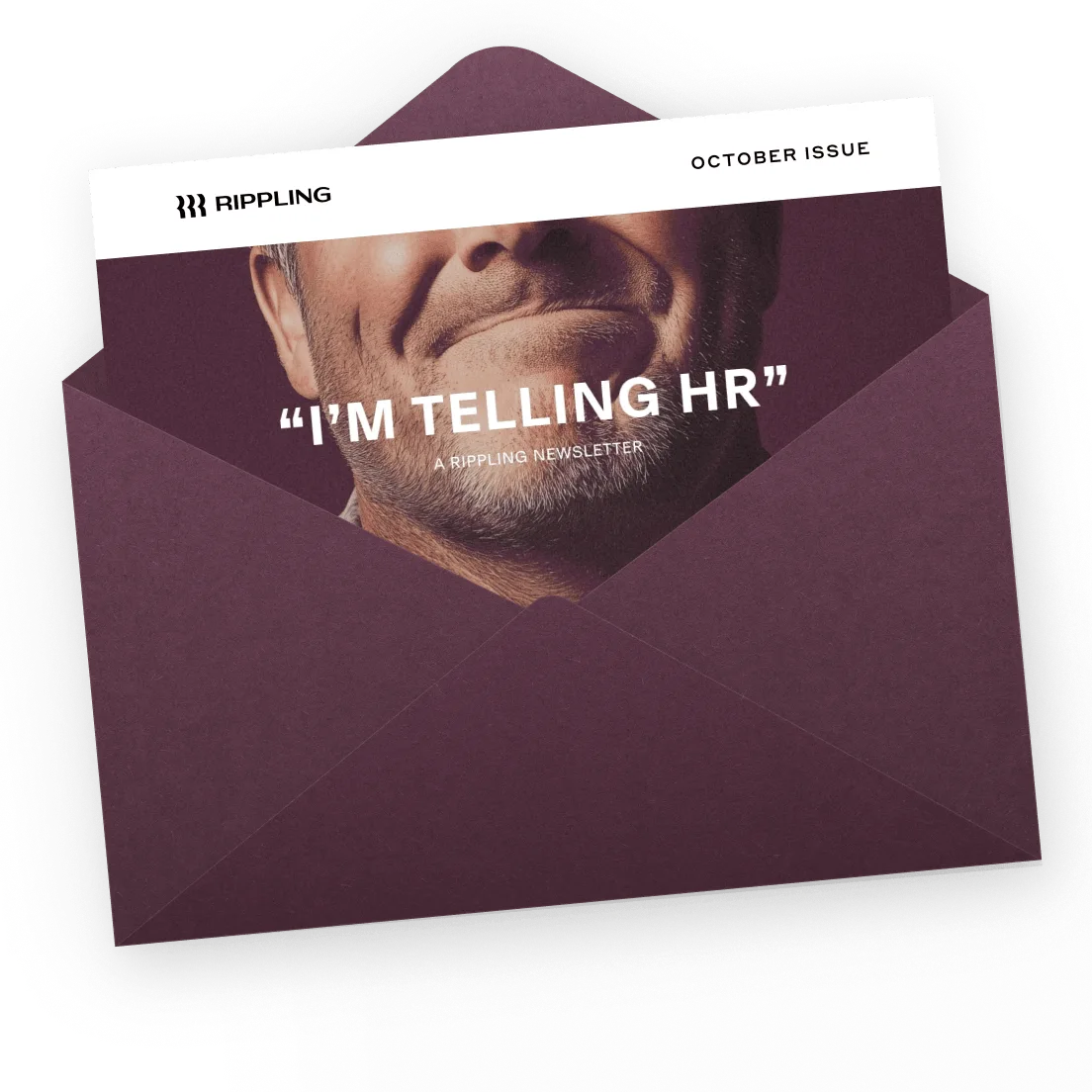Rippling Blog

The Rippling Rundown — November '25 Release
- Nov 6, 2025|Startups
Startups can get started with Rippling in minutes, completely self-serve
- Sep 16, 2025|Company
SaaD is stopping companies in their tracks. We’re putting an end to it.
- Sep 25, 2025|Company
Rippling earns 40 Voice of the Customer awards in Sapient Insight Group's HR Systems Survey
- Aug 14, 2025|Company
AI startups are building the future. And they run on Rippling.
- Jul 24, 2025|Company
Introducing App Studio: The end of one-size-fits-all software
Get fresh insights every week
Expert content and reader-driven stories — delivered straight to your inbox.
HR
Automate busywork, drive impact, and accelerate your career with top HR tips.
IT
Tighten security by learning best practices and skills for lean IT teams.
Finance
Your finance and accounting questions answered by experts.
Global
Expert insights on managing international teams, payroll, and compliance at scale.
Company
Go behind the scenes at Rippling — big bets, bold moves, and the people building it all.
Engineering
Deep dives, real-world lessons, and fresh ideas from Rippling engineers.
Product
Explore new launches, feature updates, and innovations from Rippling.
Startups
Use our tools, steal our frameworks, and learn from real founder mistakes.
Hubs
Early access to the inside scoop
We value your privacy. Learn more.


























































































